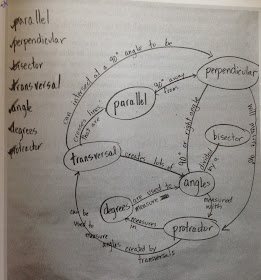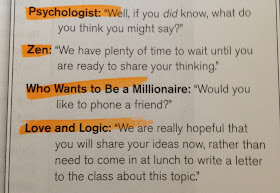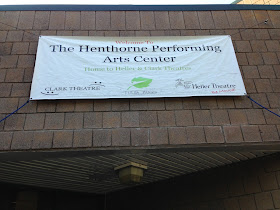This past month I have been doing a book study with a few people in the blog world. So I am linking up with Sherrie at Middle School Math Rules as she is the one that started this book study! The book is called Minds on Mathematics - Using Math Workshop to Develop Deep understanding in Grades 4-8 by Wendy Ward Hoffer.
If this is your first time reading, please be sure to check out my notes from Chapters 1 & 2 , Chapters 3 & 4 , Chapters 5 & 6, and Chapters 7 & 8. Also check out Sherrie's blog - Middle School Math Rules and see all the wonderful comments that have been left by many people doing this book study and the fantastic and thought provoking blog posts that have been written in regards to this book!
This will be my final book study post...so onto Chapters 9 & 10:
Chapter 9:Conferring
Problem of the Day: How can you get to know your students individually as math learners, promote their confidence and growth?
Postulate: While students are working independently or in small groups, teachers can assess and promote thinking and communication skills by engaging in individual conversations about mathematical understanding.
Reading this chapter made me excited to start the new year. Our language arts teachers at our school have been doing the workshop model for the last few years and there were times last year when I thought I really knew some of the students; then I would talk to a language arts teacher and because of all the conferring that they do in their room, I realized I knew little. I wanted to start conferring more in my classroom, but I really struggled with what questions to ask and just the how. This chapter seemed to help. "To confer us to intentionally create opportunities to honor learners' ideas by listening and learning alongside them."
I know that teachers get bogged down with paperwork and emails, but we must remember that learning is what matters the most. Save the other stuff for later.
I liked the dialog that they provided with each step and the chart on page 143 that shows the difference between a typical classroom and intentional conferring.

I teach the ELL students at my school and I see from the box on page 144 how beneficial this can be for them. Meeting individually or in groups both have a time and place.
Conferring consists of 3 steps: research (find out what their doing and their thinking this far), Coach (nudge them forward), and Reflect (make sure learner understand and record information). I think what I will struggle with the most is coaching, because I need to work on being a facilitator/coach, rather than giving the answers or making it too obvious. I loved the conferring questions on page 147- I need to print this and keep it with me.

I see the benefits of explaining why you are conferring and setting expectations for that time. That will really help with interruptions.
Chapter 10: Sharing and Reflection
Problem of the Day: How can we ensure that students end class understanding and retaining their learning?
Postulate: To remember and reapply what they learn, students need opportunities to share their thinking, respond to the thinking of others, and consider how their ideas have changed and grown.
This is definitely an area where I was lacking. Occasionally I would have a really good reflection time, but they were few and far between. "Unless we punctuate our lesson with some opportunity for metacognition, much learning is lost."
I didn't really think about it before, but I also see the benefits for the teacher, it can help guide your lesson the following day based in misconceptions or successes.
My question is: on page 157 is talks about celebrating multiple approaches. But what if one of the approaches is incorrect and doesn't work. I know the teacher isn't supposed to correct the mistake, so how do you handle this?
Hoffer talks about using a document camera often, I don't have one of these in my classroom...any suggestions on what else I can use?
I think it's important to model what we expect when students go to the board: they need to explain their thinking, not just show the class.
I like all the questioning on page 160-163. That's another thing I need to print off and have in my back pocket. In their reflection, I like acknowledging who the audience is and saying, pretend like you're talking to me and write that down.
In the box on page 164, one of the bullets says dedicate sufficient class time to writing so that it is not rushed or blown off...what are you thoughts on having this as homework? I have been thinking about how I want to do homework next year and I have heard that having them write more of a reflection rather than practice problems is more beneficial.
A question I was asking myself as I was reading this is how am I going to read all of their reflections? Then, I saw that it was slightly answered at the end of the chapter. I still don't fully know how I'm going to read all of them and respond in a timely manner, but that is something I will have to try. Any suggestions?
Overall, I enjoyed reading this book and I'm excited to try and implement workshop model in my classroom. The more I try and nail down some plans, the more I get a little more stressed about it, but I'm going to try and take it day by day and see what I can do.


















































